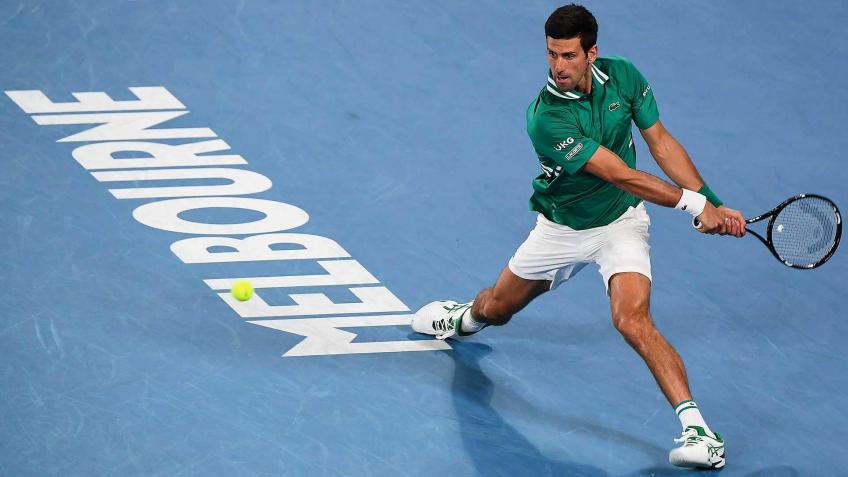Former United Nations Assistant Secretary-General Ramesh Thakur said the reasons behind Novak Djokovic’s ban from Australia were stricly politically-driven. Djokovic, 35, was granted a special exemption to compete at the Australian Open but then he was met by the Australian Border Force upon landing in Melbourne.
After having his visa revoked twice, the judge ordered Djokovic to be deported from Australia. Thakur, who now serves as an Emeritus Professor at the Crawford School of Public Policy, Australian National University, explained in a piece for Brownstone Institute why Djokovic was not allowed to compete at the Australian Open earlier this year.
“As a BBC analysis made clear, that decision was neither medical nor legal but political. A court overturned the entry ban on procedural and substantive grounds. The government then made an end run around the legal system by relying on ministerial discretion that had deliberately been made nonjusticiable.
Accepting that Djokovic posed ‘a negligible individual risk of transmitting COVID-19’ to others, the minister nonetheless concluded that because Djokovic had a ‘well-known stance on vaccination,’ his very presence could fuel anti-vaccination sentiment in Australia,” Thakur wrote for Brownstone Institute.
Thakur: Djokovic’s participation was not in the public interest
Professor Thakur suggested that an unvaccinated Djokovic winning the Australian Open would be a blow to the vaccine propaganda in Australia. “Consequently, his participation was not in the public interest.
Thus Djokovic had to be kept out of Australia not because he could infect others but because he is a visible reminder of vaccine failure. The government was terrified that a twice-infected but unvaccinated Djokovic, showcasing his athletic prowess on the court to a record 21st Majors triumph, would bring to a shuddering halt the constantly escalating COVID terror,” Thakur added in his piece.
After being deported from Australia, Djokovic was handed a three-year ban from entering the country. However, Djokovic could return sooner “under the right circumstances” and last week he said he is hoping to be in Australia next January.
